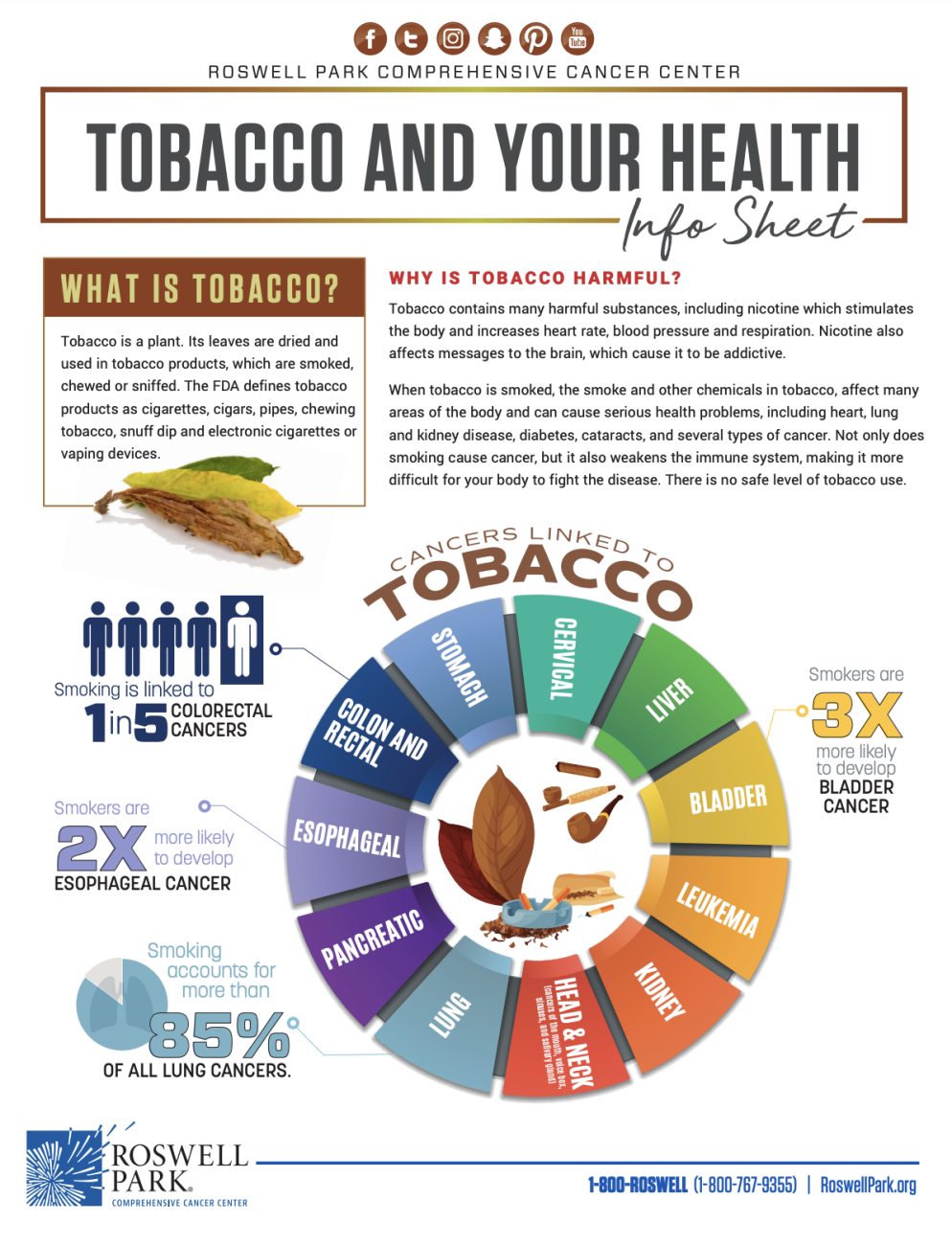A risk factor is anything that may increase the chances that you will get a disease. There may be different risk factors for different types of leukemia, including:
- Radiation: Exposure to very high levels of radiation can lead to acute myeloid leukemia, chronic myeloid leukemia, or acute lymphocytic leukemia.
- CT scans: Recent research suggests that children who undergo CT scans may have a higher risk of developing leukemia later in life, but more research is needed to confirm this.
- Smoking: Smoking cigarettes increases the risk of acute myeloid leukemia.
- Benzene: Benzene is a liquid that’s used widely in the chemical industry. It's also found in cigarette smoke and gasoline. Exposure to benzene in the workplace can cause acute myeloid leukemia. It may also cause chronic myeloid leukemia or acute lymphocytic leukemia.
- Chemotherapy: Cancer patients treated with certain types of cancer-fighting drugs sometimes develop acute myeloid leukemia or acute lymphocytic leukemia later on. For example, being treated with drugs known as alkylating agents or topoisomerase inhibitors may slightly increase the risk of developing acute leukemia.
- Exposure to Agent Orange or other herbicides: Vietnam veterans and other people who have been exposed to Agent Orange or other herbicides are at increased risk of developing chronic B-cell leukemias.
- Down syndrome and certain other inherited diseases: Down syndrome and certain other inherited diseases increase the risk of developing acute leukemia.
- A previous diagnosis of a blood cancer or disorder, such as myelodysplastic syndrome (MDS), myeloproliferative neoplasms (MPN) or other blood conditions: People with myeloid blood cancers, such as MDS or MPN — including myelofibrosis, essential thrombocytosis or polycythemia vera, or conditions such as aplastic anemia — are at increased risk of developing acute myeloid leukemia.
- Human T-cell leukemia virus type 1 (HTLV-1): People with HTLV-1 infection are at increased risk of a rare type of leukemia known as adult T-cell leukemia. Although the HTLV-1 virus may cause this rare disease, adult T-cell leukemia and other types of leukemia are not contagious.
- Family history of leukemia: It's rare for more than one person in a family to have leukemia. When it does happen, it's most likely to involve chronic lymphocytic leukemia. However, only a few people with chronic lymphocytic leukemia have a father, mother, brother, sister or child who also has the disease.
Having one or more risk factors does not mean that a person will get leukemia. Most people who have risk factors never develop the disease.
